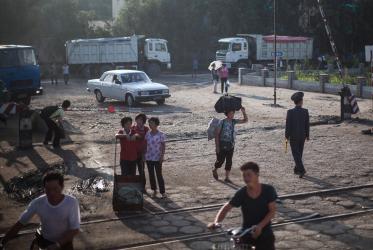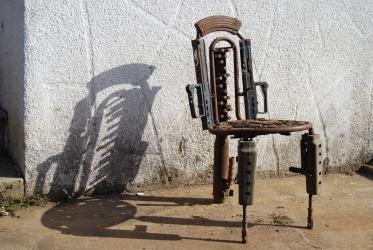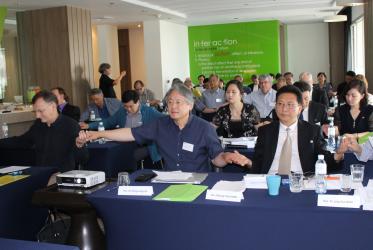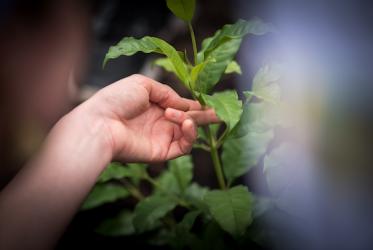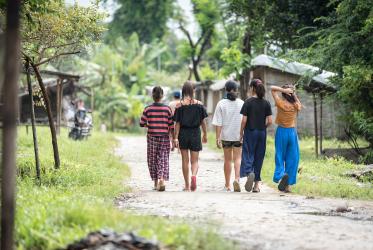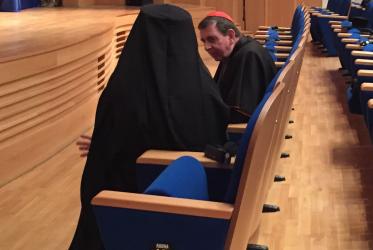Displaying 1 - 20 of 25
Peace and unity on the Korean Peninsula matters globally
25 February 2021
Church of South India eco-ministry featured on UNESCO website
17 February 2020
The cry of the Papuans in Indonesia
14 November 2019
Markus Imhoof film receives human rights award
10 October 2019
Church in Bali empowers youth to break cycle of poverty
18 March 2019
Christian communicators work to counter hate speech against refugees
10 December 2018
Children on the Move forum gathers in Rome
16 October 2018
Fleeing from – rather than to – a place
10 February 2016
Cardinal Kurt Koch tells WCC News: We have to deepen our solidarity
05 November 2015


